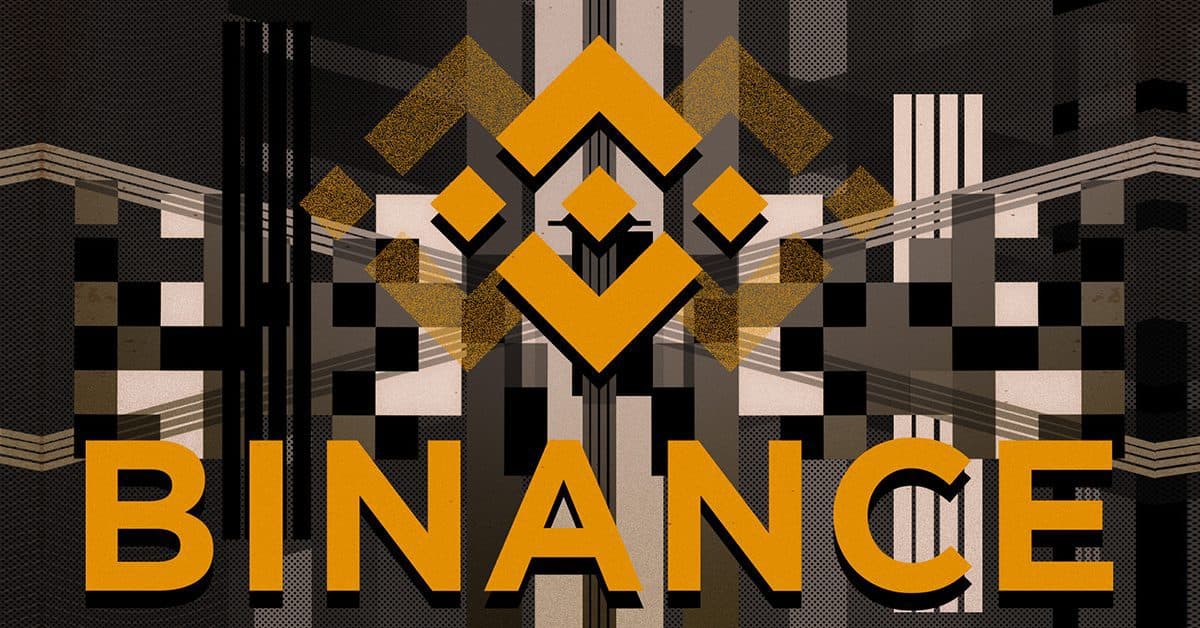Binance Creates $1B Fund to Accelerate Crypto Adoption
The investment will go toward the company’s Binance Smart Chain ecosystem to support investments, its builder program, talent development and liquidity incentives.

Blockworks exclusive art by Axel Rangel
- Half of the billion dollars will go to investments, while the other $500 million will be divided across the remaining initiatives
- Binance aims “to disrupt traditional finance and accelerate global mass adoption of digital assets to become the first-ever blockchains ecosystem with 1 billion users,” CEO ‘CZ’ Changpeng Zhao said in a statement
The blockchain and cryptocurrency giant Binance has launched its $1 billion Crypto Mass Adoption Fund to accelerate the number of people adopting digital assets and blockchain technology, the company said Tuesday.
Last year, Binance put up $100 million to support projects on its Binance Smart Chain (BSC) with its BSC Accelerator Fund. BSC is Binance’s Ethereum-derived platform for decentralized applications, or dApps. Now the company is adding more support with this new investment.
Since its original $100 million fund was set up to grow the BSC ecosystem, it has funded over 40 projects and over 200 startups have received funding under hackathons and grant programs, Binance said in a blog post. The community has over 1 million daily active users across 900 dApps, it said.
“BSC’s growth has attracted over 100 million users with its initial funding of $100 million,” Binance CEO ‘CZ’ Changpeng Zhao said in a statement. “With the additional contribution of $1 billion, BSC will be better equipped to disrupt traditional finance and accelerate global mass adoption of digital assets to become the first-ever blockchains ecosystem with 1 billion users,” Zhao added.
The company did not respond to requests for comment from Blockworks about how the fund plans to use the capital to integrate and onboard users and developers to Web3.
However, Binance stated that the $1 billion will be divided across four initiatives: investments, its builder program, talent development, and liquidity incentives. Half of the billion dollars will go to investments, while the other $500 million will be divided across the remaining initiatives, with $300 million going to the builder program, $100 million to liquidity incentives and $100 million going to talent development, it said.
“The program is designed to boost the growth and innovation of projects and bolster the wider community and create a crypto-native pool of talent that will pave the future of crypto,” the company said.
The ecosystem focuses mainly on the US, Europe, Russia, India, South East Asia and South America, it said. Going forward, it will work closely with other FinTech companies, crypto advisors and blockchain researchers to “spread the vision of financial inclusion and sovereignty,” the company said.






